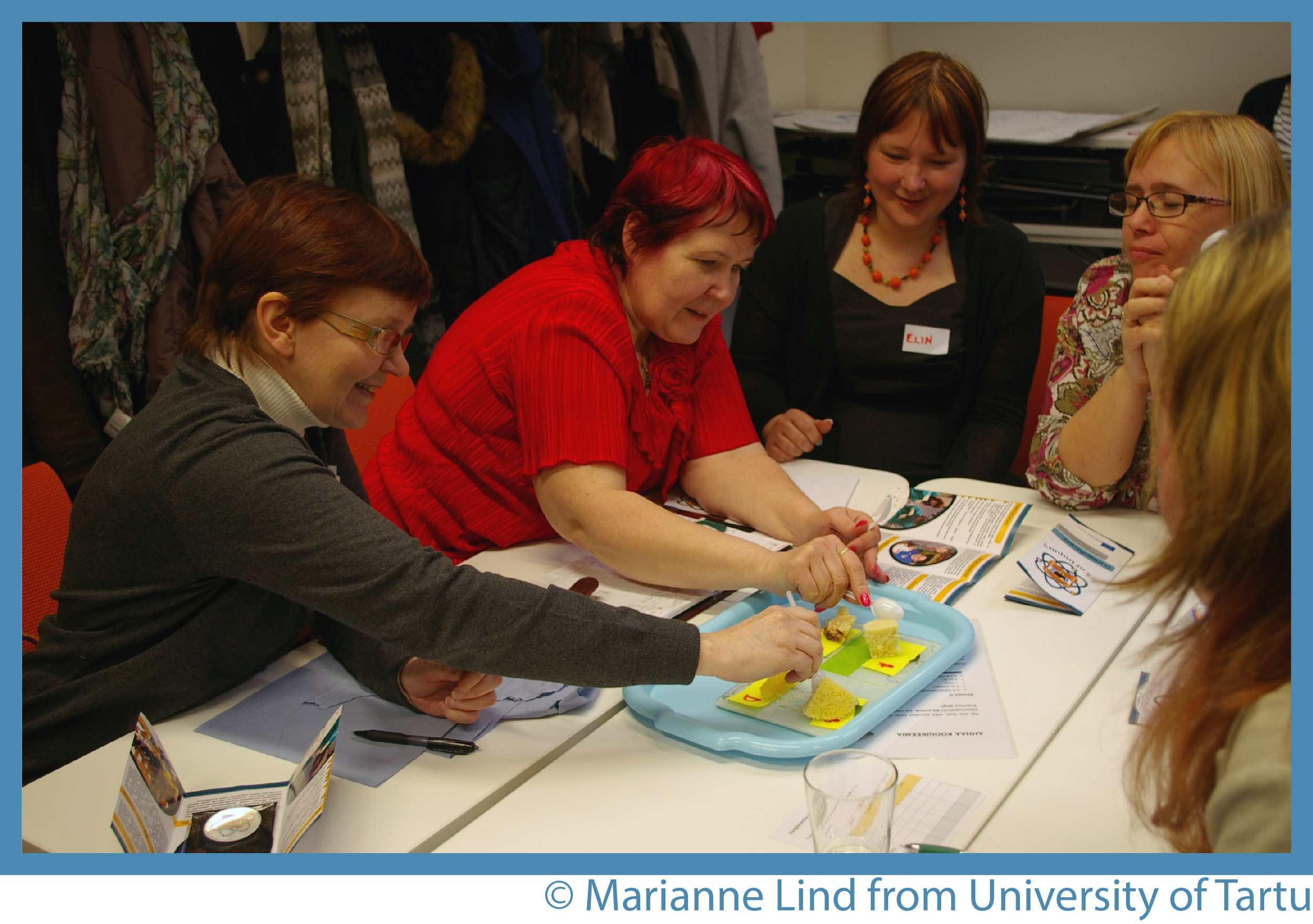
Ark of Inquiry
What does Ark of Inquiry mean to you?
In 2015, we asked education experts to share with us their experiences and thoughts about Ark of Inquiry.
This is what two Estonian educators, Elin and Liina had to say about the project.
What does Ark of Inquiry mean to you?
Elin: Ark of Inquiry is a fascinating and challenging project for me. A (web) environment which, on the one hand, would support teachers and, on the other hand, would inspire new exciting ideas was actually what teachers, especially those supervising pupils’ science projects, had been missing.
Liina: An exciting and innovative challenge. I really like being part of a collaborative and comparative network that stretches across Europe, pursuing a common goal to develop our pupils.
What are your impressions based on the meetings held so far?
Elin: So far, our meetings have been very productive and full of activity. The first meeting felt like we were witnessing the birth of something big and innovative and could really contribute to the creation process as well.
Liina: Only positive impressions. I feel like an explorer or even a conqueror in the education landscape. Being amongst the pioneers really motivates and encourages me to make a personal contribution. The guidance and instruction have a fresh approach and the learning tasks we have done at the collaborative learning sessions have been somewhat unexpected and surprising, charging us with positive emotions and eureka moments.
Has your opinion of inquiry learning changed in the course of the pilot teachers’ meetings, and if so, then how?
Elin: Actually, my opinion has not changed much, since we are doing it in class on a daily basis anyway. For instance, in our science projects, children have investigated and observed molds on different types of bread in different conditions and souring of different types of milk (regular milk sold in stores, high-fat cow milk and special latte milk), observed the growing process of lawn in different conditions, preserved roses in different fluids, investigated the life of moles in their backyards, etc.
Liina: In my opinion, “inventing things” together is much more efficient and productive than doing it alone. I can see that our suggestions and opinions have been taken into account, and since we come from such different education institutions, I believe that the tool that is being created its well in the education landscape.
How could Ark of Inquiry support pupils in their development?
Elin: Ark of Inquiry could support pupils through various awarding systems, such as the badges that have been created, but why not also have some small memorabilia for getting a certain badge or a set of badges if the project has reserves for it.
Liina: What I like about Ark of Inquiry is that it gives both the pupil and the teacher a chance for self-reflection, but also for planning and better execution of all stages of inquiry.
This article was published in the Ark of Inquiry Newsletter 02/2015


